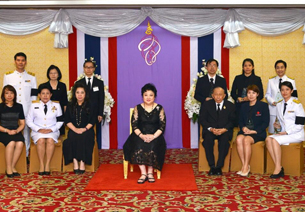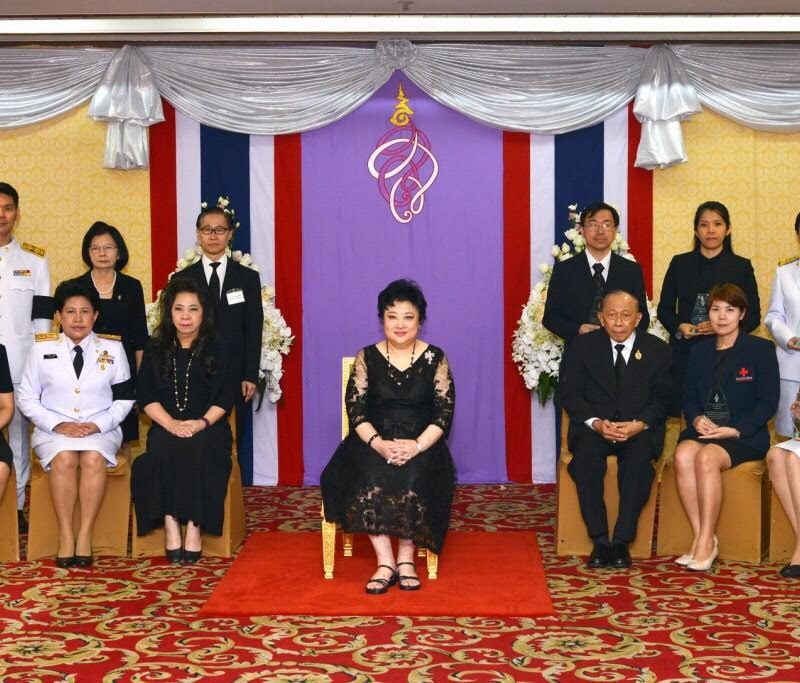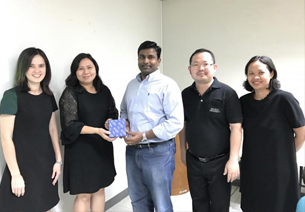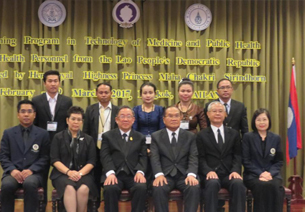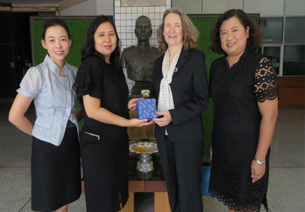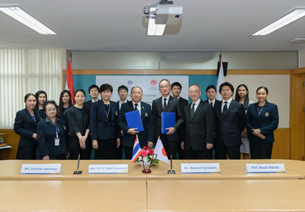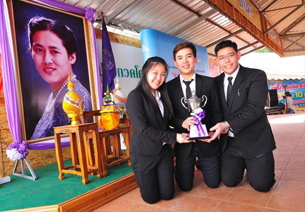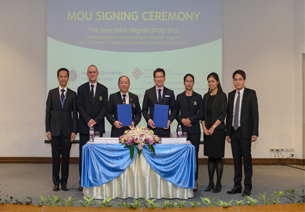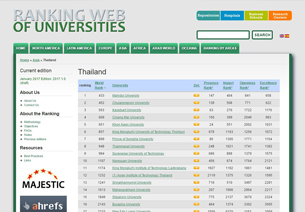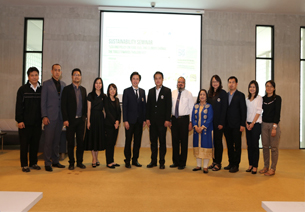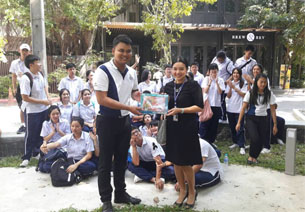It is an undisputable fact that breast milk is the best nutrition for babies as it increases their chance of survival, prevents diseases and supports their development.
Yet, it is an uphill task for Thai employed mothers to provide these extraordinary benefits for their infants due to a combination of factors from hospital practices, workplace environment, and the nursing mothers themselves, according to the research during doctoral study by Asst. Prof. Pornnapa Tangsukan Department of Obstetric and Gynaecological Nursing, Faculty of Nursing, Mahidol University under the Supervision of Asst. Prof. Dr. Ameporn Ratinthorn and funded by Cerebos Foundation for Thai Society.
In her study, mothers’ decisions to breastfeed are influenced by a complex combination of factors associated with the women themselves, their families, unsupportive hospital practices and unfriendly workplace environment. Nursing employees who wish to breastfeed their babies are not provided with designated areas and breaks for milk expression and generally encounter unsupportive workplace atmosphere.
Given all the barriers, successful breastfeeding hinges largely upon the mothers themselves. “Mothers who are successful are typically those with strong determination, confidence, positive attitudes and good knowledge about the breastfeeding,” she said, adding that being provided with sufficient length of maternity leave and flexible working hours was also helpful.
To overcome these barriers, all people involved including the families of working mothers and the personnel in their workplaces should be educated on exclusive breastfeeding and the importance of supportive practices, she said.
The findings also point to a serious need for education services to prepare and encourage propestive moms to build determination, confidence, knowledge and positive attitudes toward breastfeeding.
Asst. Prof. Pornnapa said policy makers at all levels needed to give priority to establishing policies to promote and adopt practicable workplace practices that would enable exclusive breastfeeding, create supportive environment, and protect working mothers’ rights to breastfeeding.




